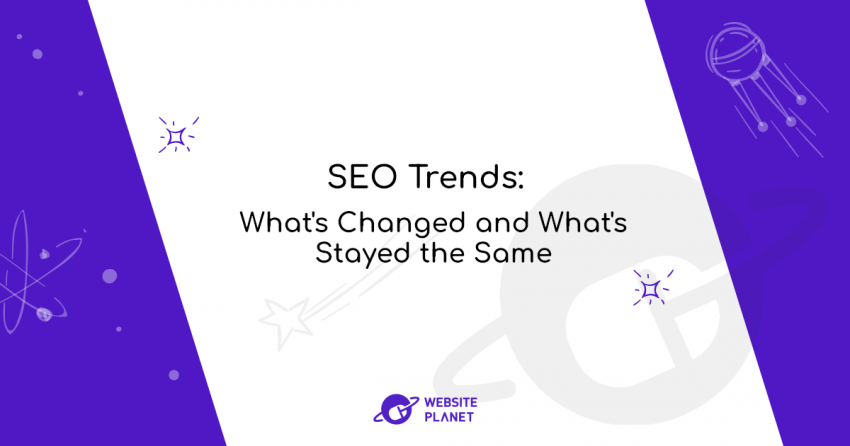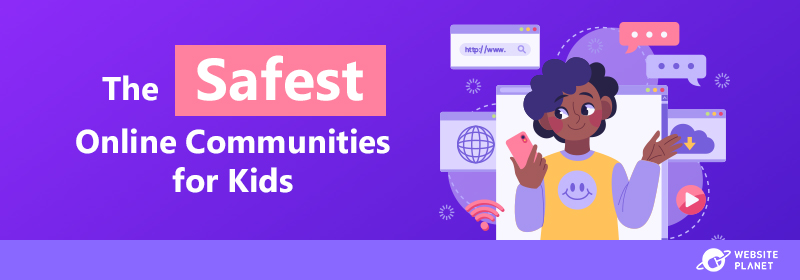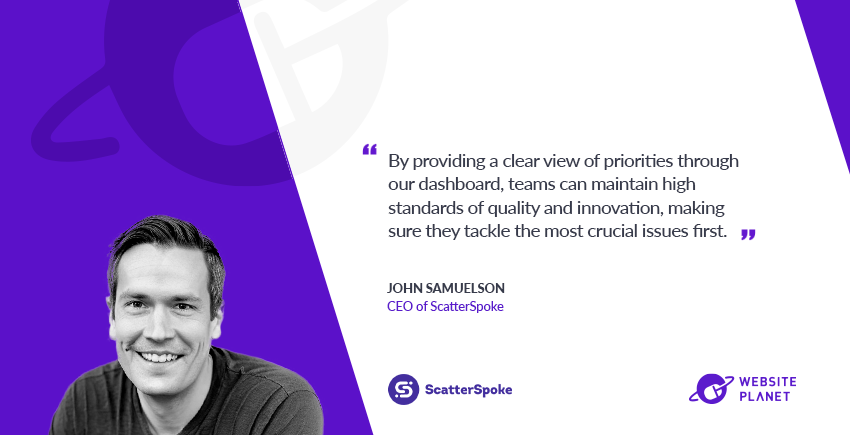Homophones, they are everywhere.
Words that appear identical and/or have similar sounds can readily create confusion. For instance, when you invite individuals and instruct them to bring their palates/palettes, it becomes unclear to them whether they should anticipate enjoying wine or engaging in painting activities!
And while this can lead to some funny misunderstandings amongst friends, in the business world it can cause problems.
First off, the use of incorrect words or misspellings looks sloppy and can decrease an individual’s confidence in your company. If a business cannot correctly proof their materials, should you really be trusting them with your credit card information?
Homophones—particularly when used incorrectly—can also confuse your audience and make it unclear as to what you are talking about. Do you have patients or do you have patience? The question might sound the same, but the meaning is completely different depending on how it is written.
When it comes to your important documents—such as marketing materials, email blasts, and newsletters, website copy, or company reports—absolutely never rely on spellcheck alone. Remember, it’s not an issue with spelling, it’s an issue with meaning.
Check out the work below by artist Bruce Worden. It serves as a great visual example of these same-sounding words can have entirely different meanings.
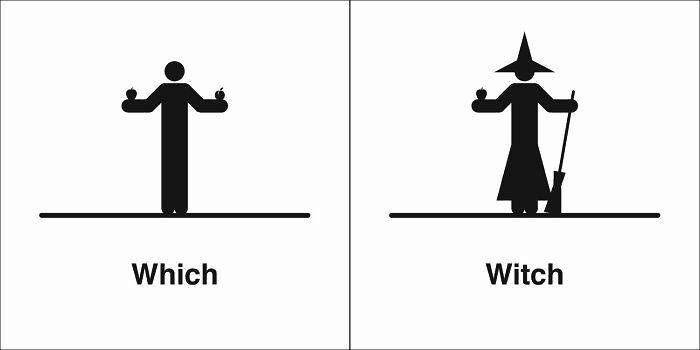
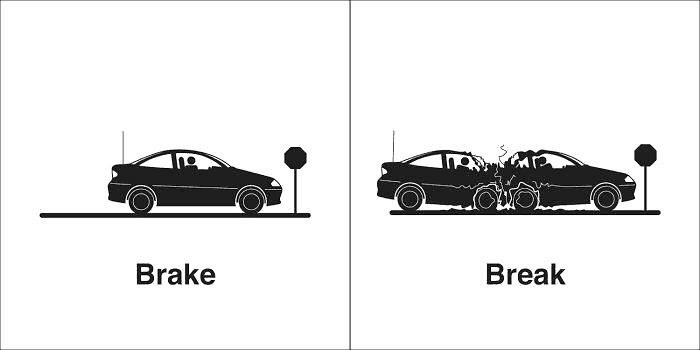
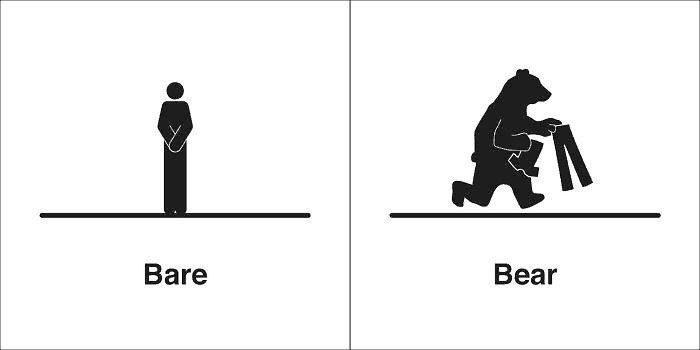

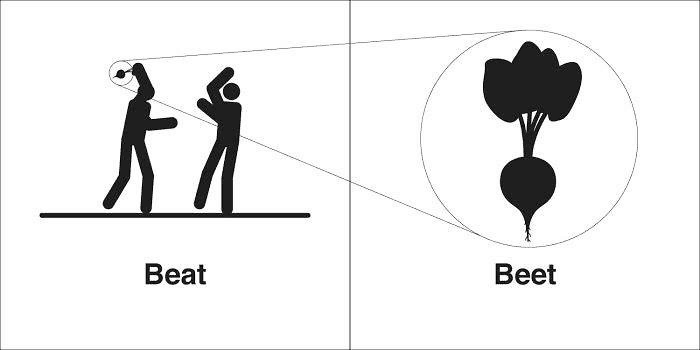


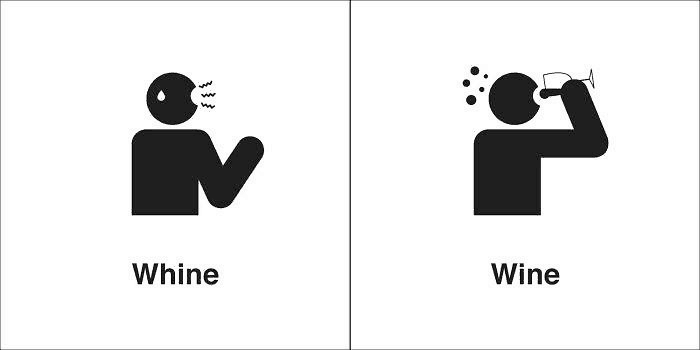
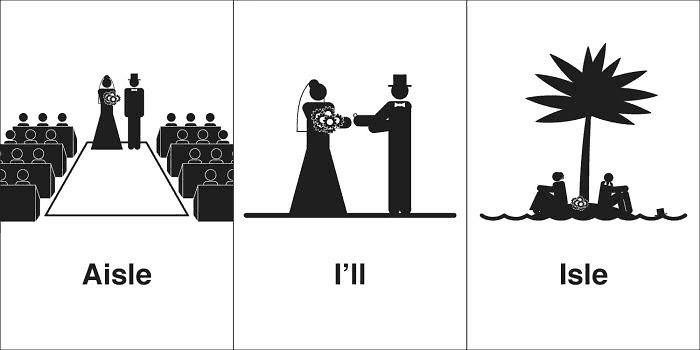
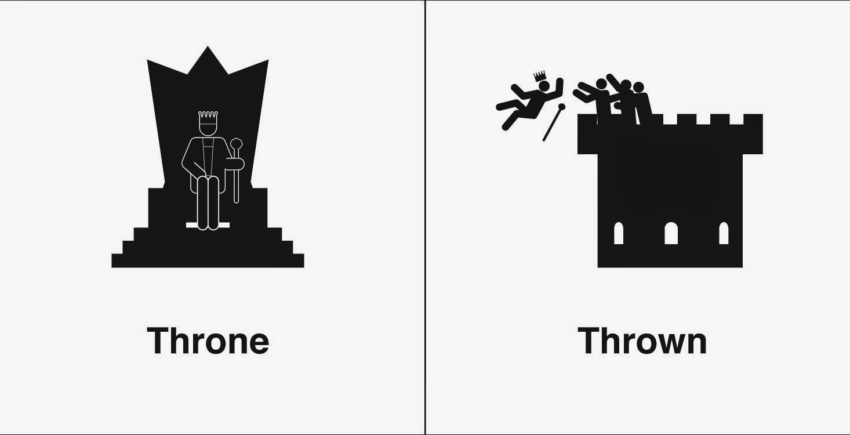
Like this article? Then you should definitely share it on Facebook and Twitter!



